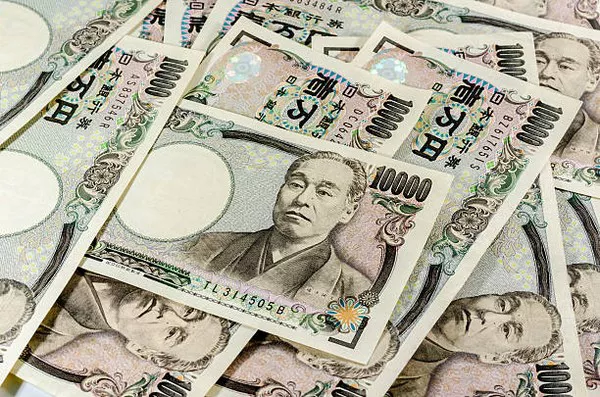The Bank of Japan (BoJ) made no meaningful policy changes at its June 13-14 meeting, reiterating that it will encourage the unsecured overnight lending rate to remain around 0.0%-0.1% and will conduct bond purchases in line with the decision of the March monetary policy meeting.
The monetary policy statement did contain a signal that the BoJ will slow the pace of bond purchases after the July 31 meeting. In a press conference after the meeting, BoJ Governor Kazuo Ueda noted that officials will take a cautious approach in this process, but the size of the changes may be “substantial.”
We believe that monetary policy will normalize further. However, given our outlook that trends in economic growth, inflation and wage growth will only improve gradually, we think the BoJ will take a gradual approach to policy normalization.
We still believe that the BoJ will wait until October before raising interest rates again, and we expect the unsecured overnight lending rate to increase by 15 basis points to 0.15%-0.25%. Beyond that, we expect the BoJ to wait until April 2025 to announce a 25 basis point rate hike.
We also expect the BoJ to normalize policy by gradually reducing the pace of bond purchases, a process we believe the BoJ will implement independently of the timing of any policy rate hikes. We believe the BoJ will reduce the pace of bond purchases by ¥1 trillion at a time starting in July and confirm a slowdown to ¥5 trillion for the remainder of Q3 2024. We expect this to slow to around ¥4 trillion in Q4 2024, to around ¥3 trillion in Q1 2025, and to around ¥2 trillion in Q2 2025.
The Bank of Japan (BoJ) made no meaningful policy changes at its June 13-14 monetary policy meeting, reiterating that it would encourage unsecured overnight lending rates to remain around 0.0%-0.1% and that it would conduct bond purchases in line with the decision of the March monetary policy meeting.
This was arguably a relatively mild outcome, as market participants had increasingly begun to expect, ahead of the meeting, that the BoJ might announce an immediate change in its bond purchase operations. However, the Bank of Japan’s monetary policy statement also gave a nod in that direction, as it noted that BoJ officials have decided to slow the pace of bond purchases after the July 31 statement. Ahead of the meeting, policymakers will survey different market participants so that they can “decide on detailed plans to reduce the amount of purchases over the next one to two years or so.”
The monetary policy statement also included some encouraging views on the Japanese economy. Officials noted that the economy has “recovered moderately” despite some weakness, and private consumption has been “resilient.” Looking ahead, officials expect the Japanese economy to continue to grow at a rate above potential, in part because they expect the virtuous cycle between income and spending to “gradually strengthen.” Policymakers also expect CPI inflation excluding fresh food to “be pushed up to fiscal 2025” and that underlying CPI inflation will gradually rise to a level consistent with the 2% inflation target in the second half of their forecast horizon.
BoJ Governor Kazuo Ueda made some slightly hawkish comments at a press conference after the meeting. Regarding the central bank’s bond-buying operations, he noted that the BoJ will adopt a cautious approach, but the size of the reduction in bond purchases could be “substantial” or “significant.” Market participants also noted Ueda’s comments that a policy rate hike in July is “likely” depending on the data.
Overall, we believe the central bank’s outlook for economic growth and price pressures suggests that further policy normalization is imminent. However, the fact that they have made no meaningful policy changes since raising the policy rate in March and that they have taken a slow approach in reducing bond purchases suggests that upcoming policy changes will be rolled out in a gradual manner. Below we discuss our assessment of the implications for the Japanese economy and monetary policy.


